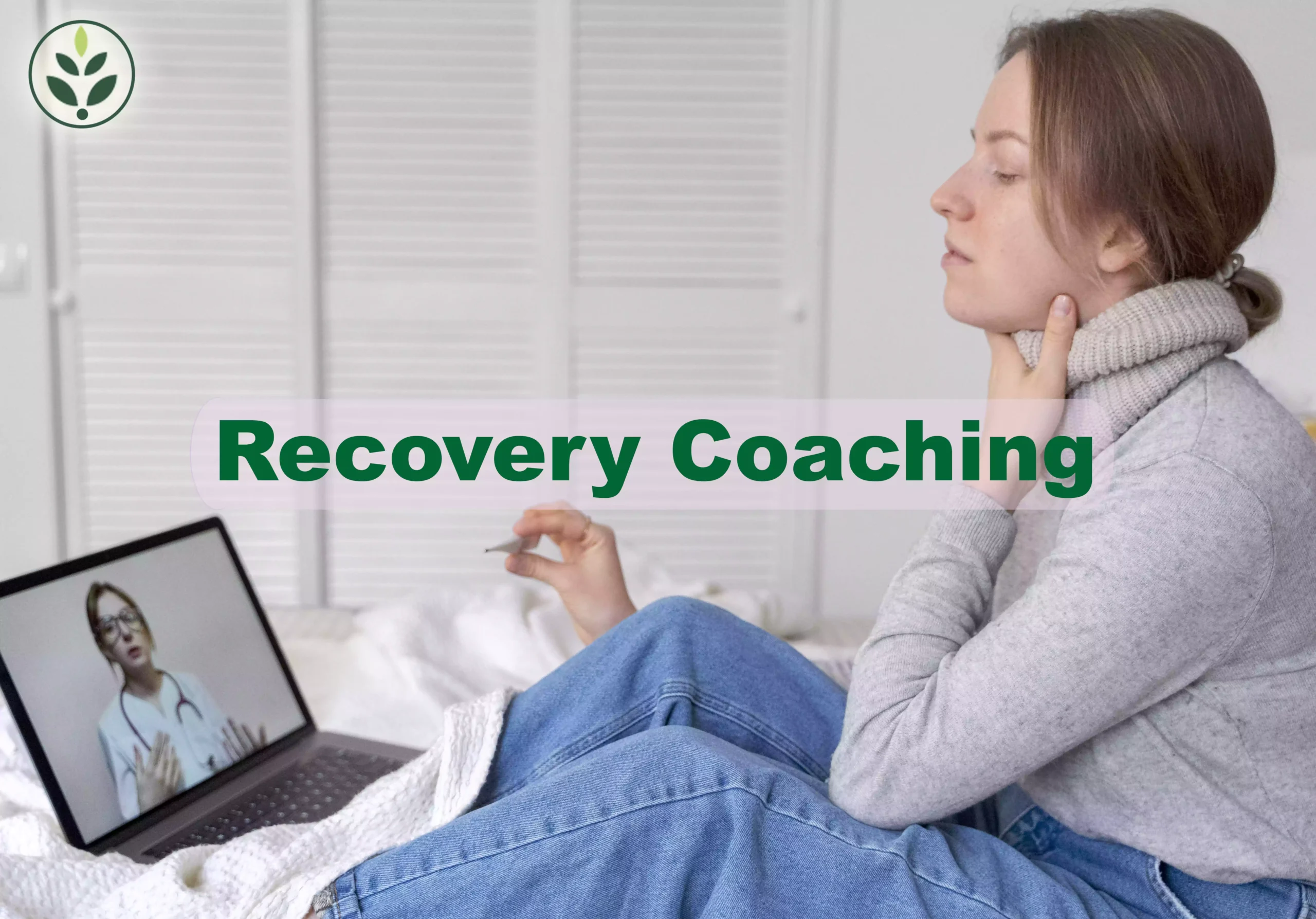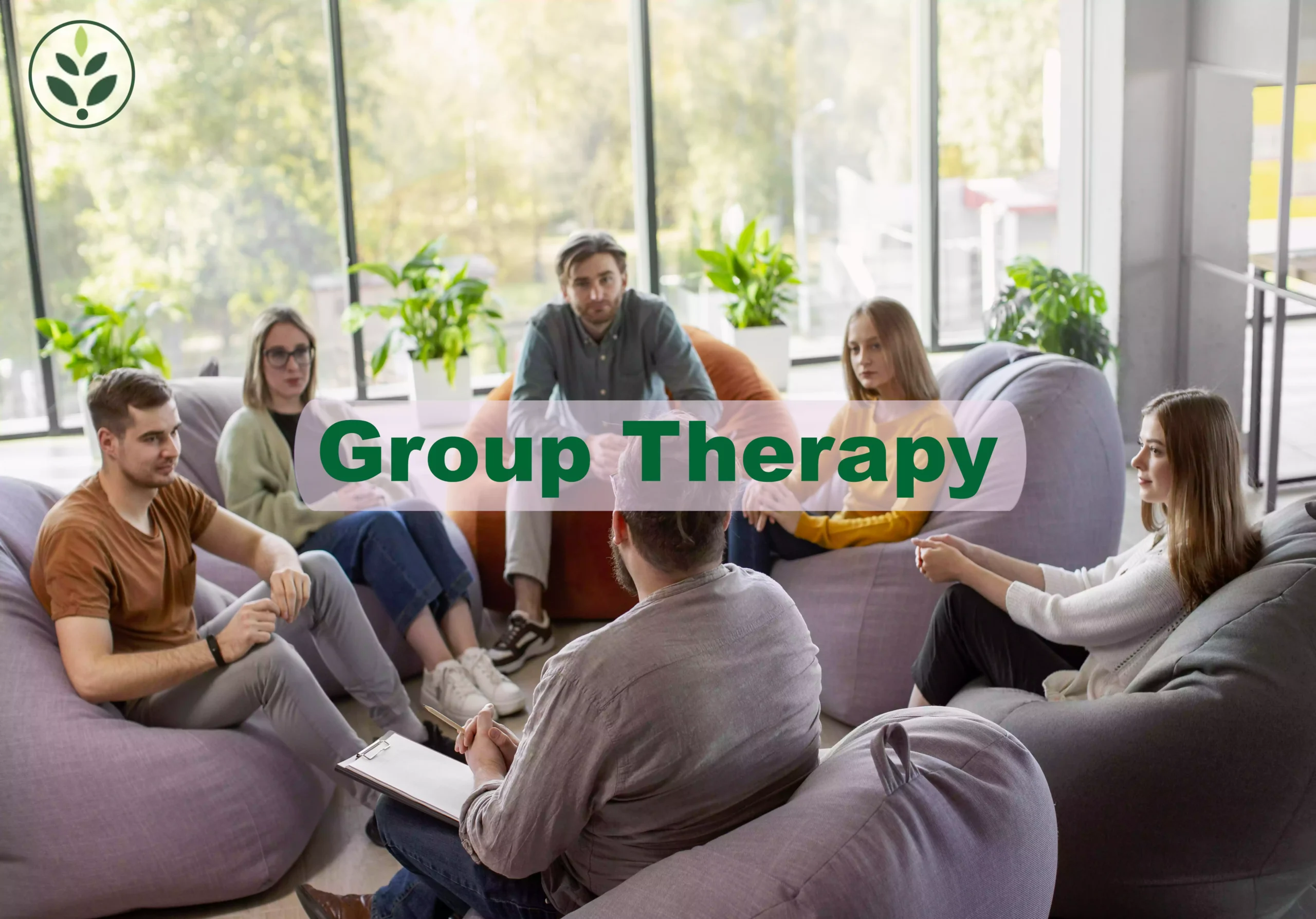Eating Disorder Recovery Services for Adults and Adolescents
1. IOP Program Components:
Our groundbreaking eating disorder virtual IOP integrates the distinct, personalized care of the EDRS model with conventional eating disorder treatment approaches, guaranteeing that we address you or your loved one exactly where you are in your recovery journey.

Our adaptable IOP model comprises:
- Weekly treatment planning sessions dedicated to crafting and upholding a personalized care plan aimed at achieving your recovery goals while in EDRS IOP Care.
- Weekly nutrition counseling led by a registered dietitian, tailored to assist you in fulfilling your unique nutritional needs.
- Weekly schedule of care incorporating meal and therapy groups, with added flexibility to accommodate your other life commitments while still focusing on recovery.
- Individualized step-down plans integrating 1:1 coaching, outpatient therapy, and outpatient nutrition counseling to support you in maintaining your progress.
- Dedicated team of providers to oversee your care.
- Intensive case management and collaboration with your outside providers. We are currently in-network with Anthem BCBS and Aetna for IOP. Private pay options available. Program open to adults (18+).
2. Individual Therapy
We accompany you on your journey towards healing. Our practice focuses on individuals grappling with eating disorders, disordered eating, as well as anxiety, mood, and trauma-related disorders that may coexist.
Each client is unique, and there’s no one-size-fits-all approach. We employ a variety of therapy modalities to provide the best support for you. Our team of specialists in eating disorders is trained in the following modalities:
- Cognitive Behavioral Therapy (CBT)
- Dialectical Behavioral Therapy (DBT)
- Eye Movement Desensitization & Reprocessing (EMDR)
- Cognitive Processing Therapy (CPT)
- Acceptance & Commitment Therapy (ACT)
- Relational & Parts Work
- Somatic Therapies
- Expressive Therapies

3. Nutrition Therapy
At SB, we offer individualized nutrition therapy to foster a healthier relationship with food, providing both accountability and support in achieving your personal nutritional objectives.
After conducting an initial assessment, which evaluates your food habits, exercise routine, lifestyle, and medical background, we provide weekly or biweekly sessions tailored to your needs. Our registered dietitian collaborates with you to devise a supportive plan, which is reviewed and adjusted weekly.
Session content varies based on each individual’s stage of recovery. Examples of session components include:
- Decreasing Anxiety Around Eating “Fear Foods”
- Creating a Personalized Food Plan
- Challenging Fear Foods and Food Rules
- Reducing Eating Disorder Symptoms and Behaviors
- Identifying and Listening to Hunger and Fullness Cues
- Reducing Labeling of Foods as “Good” or “Bad”
- Increasing Food Variety
- Selecting Recipes and Creating Grocery Lists
- Moving Towards Intuitive Eating
- Therapeutic Exposures for Grocery Shopping

4. Meal Support
Meal support offers therapeutic and emotional assistance to assist you in adhering to your meal plan. Eating Disorder Recovery Specialists delivers personalized one-on-one meal support designed to aid you in achieving your individual recovery objectives.
Administered by extensively trained, licensed professionals, our recovery specialists are available to meet you at various locations including your home, virtually, at a restaurant, school, campus, or in-office for supported meals.
For clients requiring multiple meal supports per day, please explore our Intensive Outpatient (IOP) Service.

We provide meal support to clients through the following methods:
- Home-cooked meals
- Ordering take-out
- Restaurant meal assistance
- Facilitating challenge meals and snacks
- Offering guidance and accountability with portion control
- Cooking together and sharing a meal
SB Meal support consists of a structured, therapeutic session divided into three parts:
- Pre-Meal Check-in
- Eating the Meal
- Post-Meal Check-in
Benefits of meal support
- Reduces anxiety surrounding “fear foods” both at home and in restaurants.
- Provides therapeutic exposure to challenging meals and dining out.
- Addresses eating disorder rules and rituals.
- Encourages clients to practice ordering from menus.
- Cultivates a sense of safety for meals in both home and community settings.
- Enhances mindfulness regarding eating pace and hunger/fullness cues.
- Establishes and upholds accountability for adhering to meal plans.
- Offers assistance with weight restoration.
When is meal support helpful?
Additional support: Designed for outpatient therapy and nutrition clients who require assistance in achieving their meal plan goals or undergoing weight restoration.
Adjunctive support: Tailored for individuals enrolled in an Intensive Outpatient Program (IOP) or Partial Hospitalization Program (PHP) who seek one-on-one support outside of their program sessions.
At-Your-Pace support: Ideal for clients needing a higher level of care but preferring a personalized approach rather than the pace of a standard group treatment program.
Transition support: Geared towards clients transitioning from inpatient or residential care to a PHP or IOP program, providing assistance during this critical phase to maintain progress.
Preventative support: Aimed at individuals who have not previously participated in a formal treatment program but seek one-on-one support to address concerns before they escalate.
Alternative treatment support: Tailored for clients who have undergone traditional treatment and require highly individualized support beyond conventional methods.

5. Recovery Coaching
In the early stages of recovering from an eating disorder, vulnerability is pronounced. Partnering with a recovery coach can assist in keeping you aligned with your goals and offer supplementary support and accountability beyond therapy sessions or your treatment program.
Based on you unique goals, recovery coaching sessions may include:
- Developing skills to address body image and body anxiety.
- Recognizing warning signs of relapse and defining actionable steps.
- Reinforcing your sense of “Recovery Self”.
- Establishing recovery goals that extend beyond food.
- Sessions focused on fostering internal motivation.
- Regular accountability check-ins for implementing recovery skills.
- Identifying and practicing coping techniques such as CBT & DBT.
- Assisting with managing life and recovery simultaneously.
- Devising strategies to navigate stressful activities and events, including those triggering social anxiety.
- Support in areas of life skills, organization, education, and occupational aspirations.
- Participating in therapeutic exposures targeting tasks inducing anxiety and avoidance.

6. Group Therapy
We provide eating disorder groups centered around coping skills, recovery support, and process-oriented sessions.
Group therapy offers:
- Room for connection with others facing similar struggles.
- Reduced feelings of shame and isolation, realizing you’re not alone.
- Heightened sense of community.
- Empowerment and renewed hope in the possibility of healing.

7. Family Coaching
We recognize that eating disorders impact the entire family dynamic, often leaving members feeling overwhelmed, exhausted, and uncertain about how to provide assistance or communicate effectively. Our aim is to offer support not only for your loved one struggling with an eating disorder but also to provide guidance and assistance for you.
We provide personalized one-on-one sessions designed to equip you with the necessary skills and support to navigate your loved one’s recovery journey.
Additionally, we offer a complimentary Virtual Bi-Weekly Family Support Group exclusively for current SB client family members.
- When: Thursdays from 5:00-6:00pm EST.
- Facilitated by: Melissa Adams, LMHC
Get Coaching!
Reach your health goals with personalized guidance from a Registered Dietitian Nutritionist. Achieve lasting results through expert support.
Email Address
contact@supplementbloom.com
Call us
(307) 288-6455
Visit us
30 N Gould St Ste R Sheridan, WY 82801
